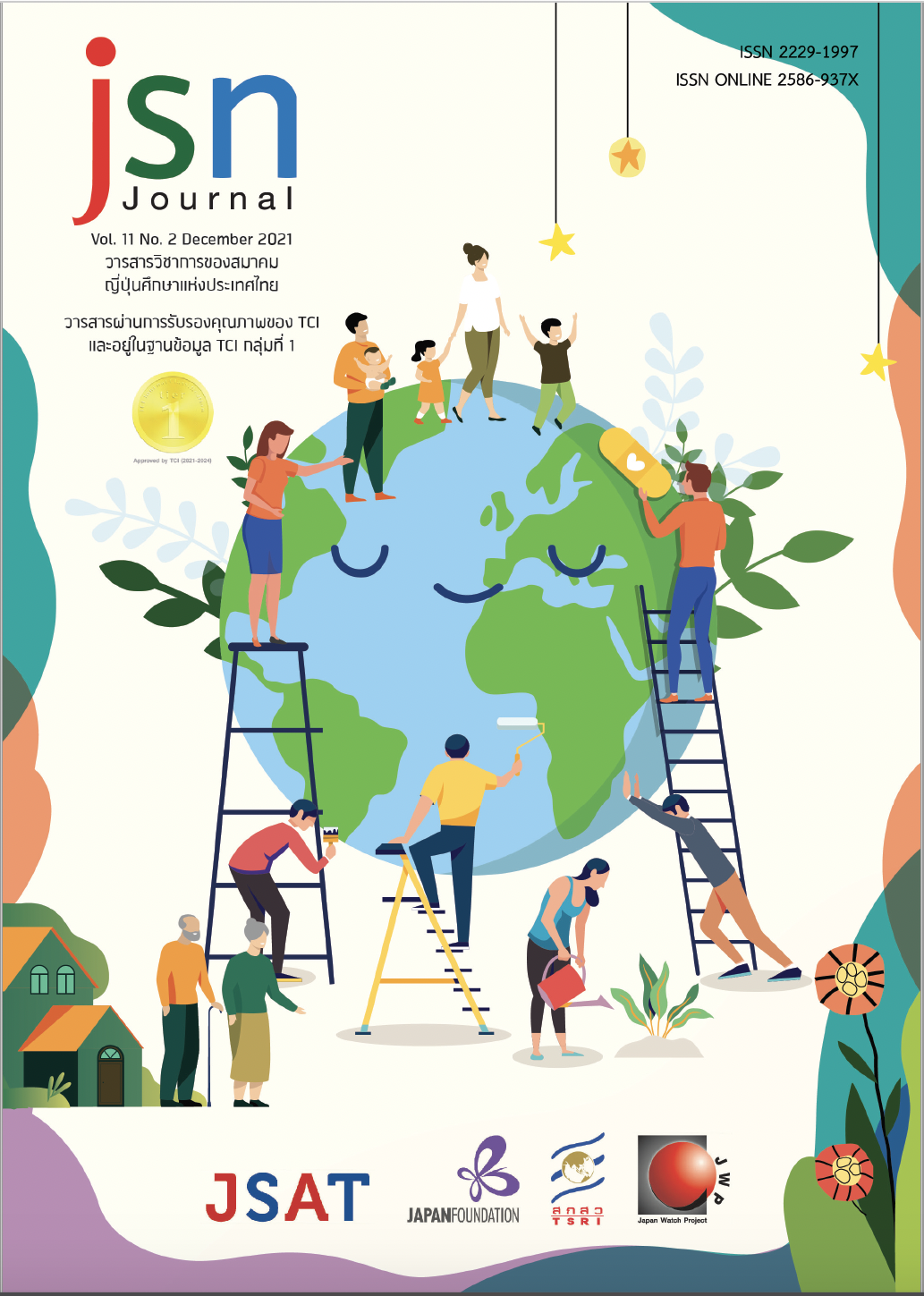Operating Conditions with Self-Development of Japanese Interpreter in Japanese Companies, Northern Region Industrial Estate, Lamphun Province
Main Article Content
Abstract
This research purposes to study on self-development needs for effectiveness of Japanese Language Interpreter related to the relation of duty roles and problems found at work as well as human resource development plan in Japanese companies, Northern Region Industrial Estate, Lamphun Province. The research uses a qualitative research methodology, and the data were collected by in-depth interview the sample of 18 people; Japanese language interpreters, human resource staff working with Japanese companies Northern Region Industrial Estate, Lamphun Province.
The result reveals that Japanese language interpreters who are Thai have more diverse roles and encounter some problems in interpretation and translation especially the terms and vocabularies on which they lack knowledge. This causes confusion and ineffective performance. As a result, the Japanese language interpreters would like to improve their efficiency in interpretation, translation, comprehension and structure. Moreover, they would like to gain more knowledge regarding their work, manners and traditions needed for working with the Japanese, management and accounting principles at the intermediate level, as well as technical engineering production, inventory control system and master planning.
The difference between Thai and Japanese work culture is one important thing to be profoundly understood especially the concept of “Ho-ren-zo” (Report-Contact-Communicate), the concept of “Sangen” (the real site-the real thing-the real practice) and “Kaizen” concept (improve)
In addition, this research has indicated that the plan to improve the skills of Japanese interpreters in Japanese companies was only training language skills in elementary level. There was a mismatch with the interpreters’ need to learn more specific knowledge at the intermediate and expert level. Therefore, the researcher offers performance developing guideline for Japanese interpreters and a combination of top-down and bottom-up management as a creative guideline to create boundaries to increase operational for human resource development.
Article Details

This work is licensed under a Creative Commons Attribution-NonCommercial-NoDerivatives 4.0 International License.
ข้อความและข้อคิดเห็นต่างๆ ในบทความเป็นของผู้เขียนบทความนั้นๆ ไม่ใช่ความเห็นของกองบรรณาธิการหรือของวารสาร jsn Journal


